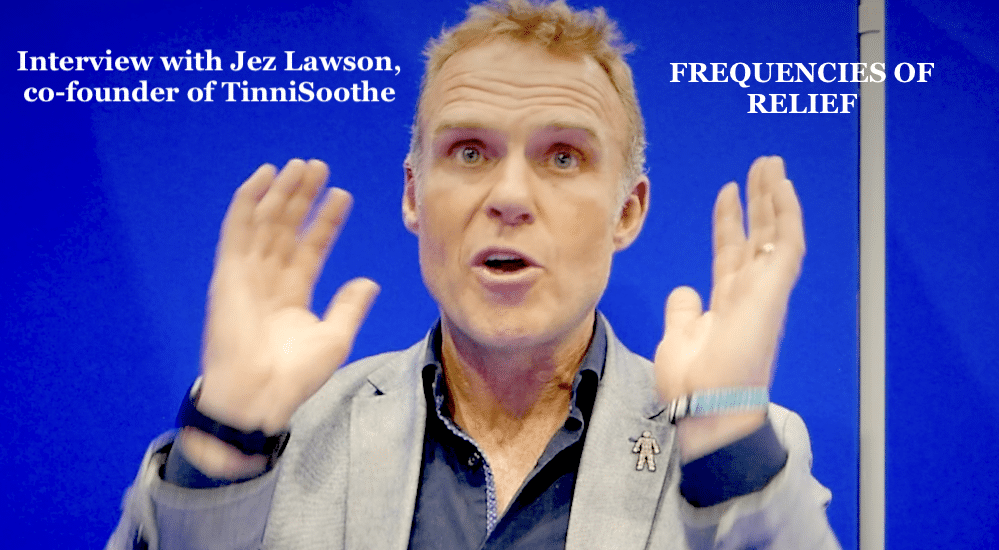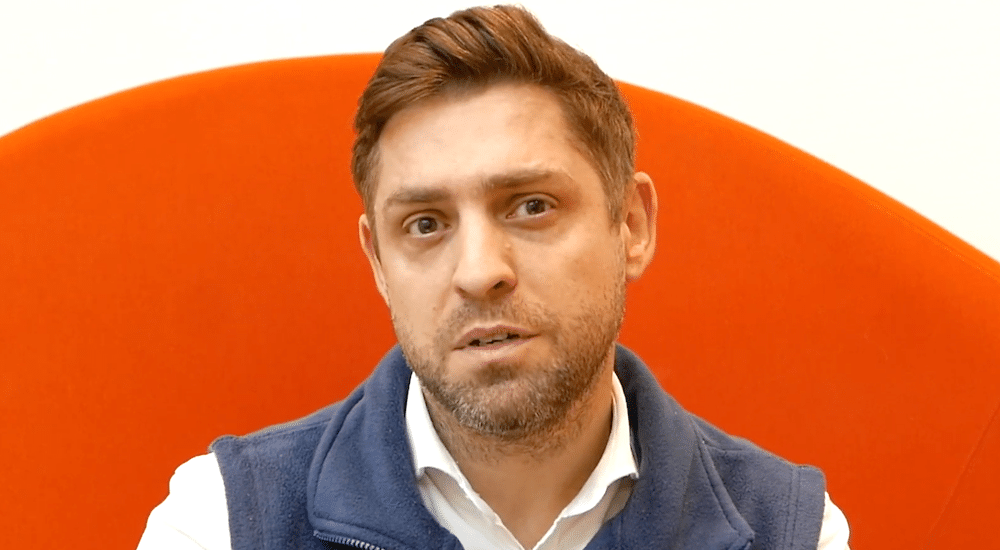Music-making improves language abilities, research suggests
music
Audiologists and speech-language therapists should persuade parents of patients to build music activity into their children's programmes, claims a Marseille-based neuroscience researcher.

For some twenty years now, there has been growing scientific evidence of how musical information can change brain plasticity. Throughout this time, Dr. Daniele Schön, a team leader of the Neurosciences Systems Institute of the Aix-Marseille University in France, has been working towards applying these findings for the benefit of child patients with hearing loss. A professional cellist and lover of music, Schön is now regularly presenting his outcomes, explaining how musical activity can boost speech rehabilitation and therapy.
Some years ago, Dr. Daniele Schön came before a prominent national committee for a post being vetted by a panel at a Paris institution. Explaining to an extremely famous audiologist that music is good for the hearing-impaired, he was cut short by this protesting authority: “What the hell are you talking about? The hearing-impaired don’t like music, can’t hear music, and can’t understand music.” “This is completely wrong,” counters Schön.
His experiments in giving child patients very short periods of musical training have produced positive results, an improvement in speech comprehension of five to fifteen percent. His question, “what would happen with one year of training?” whets the appetite for long-term longitudinal studies, but the current strength of his research supports his message that music training can be used to rehabilitate language and balance, and that this is true in different types of language pathologies.
These experiments show that just half an hour of music training can impact on the way a hearing-impaired child wearing a cochlear implant will perceive language and interact with another person. The child is submitted to these very short interventions, with refined protocols, to provide a rhythmical priming effect prior to the child hearing an actual sentence of language. “If I present a very short musical stimulus before a sentence, like da-da-da—”how are you”—and this very short sentence mimics the rhythm of the sentence, then these children will benefit from this priming because the rhythmic structure in music is very clear,” explains Schön.

Thus, these prior expectations prime the auditory system to make a choice in the processing of the information. And the brain, to decode information, tracks regularities. It can do this with astounding precision, as good musicians do together with other players, each perfectly synchronising musical notes in performing the score or a rehearsed piece. And when we listen to music, the brain can pick out certain information as skilfully as the eye can identify one grain of rice from another.
“Music is very demanding in this respect, and this is exactly the same thing you have to do when you speak. In music, if you listen to a string quartet, if you train enough you are able to distinguish the first and second violin, that have exactly the same sounds,” Schön points out. Understanding the way the brain tracks regularities and predicts according to remembered primings has enabled this researcher to bring music into therapy to help patients’ brains in their predictions in terms of both time and content.
“So when you listen to me speaking you track regularities but a lot of the time what you have to do is anticipate what I have to say. You knew already. You’ve learned and you make predictions on time, so when I’m going to say some-thing, I start and I say the word some; the brain can then predict that after some, we may hear thing. So, this is temporal prediction. Then there is prediction of content, so you know what I’m going to say, such as here, where the word say [after I’m going to] is predicted on the basis of contents,” he explains.
Plasticity is, by definition, learning, Schön points out. “Different experience will change different things. Music training, and music-making much more than music listening, can change the way the brain can decode and predict information flow,” he explains, also mentioning a recent two-year study he has carried out that shows music training bringing benefit to dyslexia patients. Language and music share a long list of cognitive processes.
So, what can audiologists do with the evidence emerging from Schön’s research? “If there is a take-home message, it is not to go and read my papers because they are technical about what the brain does and not for this audience, but evidence-based science nowadays can show that speech rehabilitation and therapy is good, and coupling this with musical activity is better,” concludes Schön.
Source: Audio Infos UK
 Sign in
Sign in

